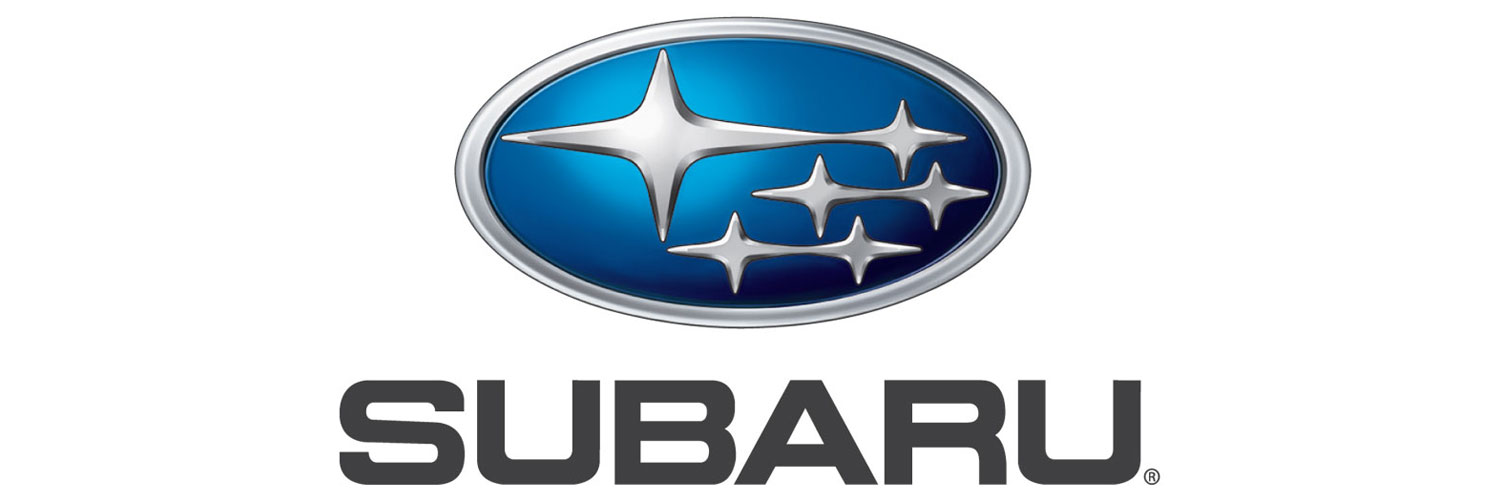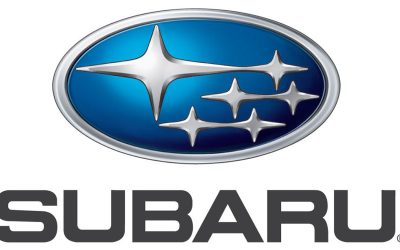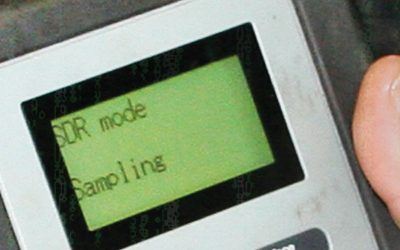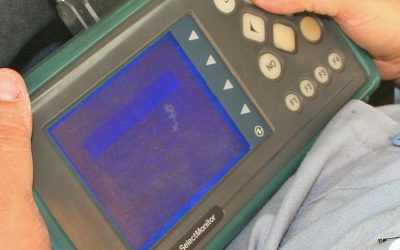There’s an organization called the Filter Manufacturers Council. Established in 1971, it represents manufacturers of vehicular and industrial filtration products. It was initially developed to monitor regulatory and technological developments that affect the industry. The Council has undertaken several environmental initiatives including partnering with states to promote the proper disposal of used oil filters. With the ongoing support of the Council, the rate of used oil filter recycling has climbed over 50% nationally from near zero just ten years ago.
This is perhaps the most pressing issue regarding oil filters today. Here’s what the Filter Manufacturers Council has to say about it:
“The U.S. Environmental Protection Agency (EPA) requires used oil filters to be drained of all free-flowing oil before they are discarded or recycled. Most states follow federal requirements for used oil filter disposal. Currently, U.S. manufactured oil filters are exempt from hazardous waste regulation if the oil filter is:
- punctured through the dome end or anti-drain back valve and hot-drained; or
- hot-drained and crushed; or
- hot-drained and dismantled; or
- hot-drained using an equivalent method to remove used oilâ€
The next logical question is, What is hot-draining?
“Hot-draining is defined as draining the oil filter at or near-engine operating temperature, but above 60 degrees Fahrenheit. In other words, remove the filter from the engine while it is still warm, then puncture or crush and drain the filter. The EPA recommends hot-draining for a minimum of 12-hours, although specific state requirements may vary. Most of the oil is removed from the filter during hot-draining.â€
“WARNING: Use caution when hot-draining filters to avoid being burned. Protective equipment such as safety glasses and gloves should be worn to prevent injury.
To find out the specific requirements for generators, collectors and processors for your state, call the Used Filter Recycling Hotline at 1-800-993-4583. The Used Filter Recycling Hotline is sponsored by the Filter Manufacturers Council and administered by the Motor & Equipment Manufacturers Association (MEMA) Environmental Institute. Callers to the hotline receive an easy-to-read summary of their state’s filter management requirements; a list of companies in their area that transport, process and recycle used oil filters; and a brochure entitled ‘How to Choose a Filter Management Service.’â€
The site goes on to recommend procedures for recycling oil filters:
Steps to Recycling Oil Filters
The three steps to recycling used oil filters are:
- collection and transporation
- processing
- recycling by a steel mill into a new steel
If your business changes oil commercially, it is a good idea to voluntarily collect used oil filters from Do-It-Youselfers (DIYers). Businesses currently collecting used oil filters include auto parts stores, quick lubes, and other service outlets. As state agencies see businesses voluntarily collecting filters, there will be less need for mandatory regulations.
In addition, accepting used oil filters from DIYers can be used as a tool to market your business. Studies have shown consumers are more likely to patronize businesses that offer sound environmental management practices.
Before collecting used oil filters, you should arrange for a special waste collection company to pick them up from your shop. Alternatively, if you crush them with your own on-site equipment, you can take them to a ferrous scrap processor.
Once the filters are processed, they are sent to a steel mill or foundry. Some steel mills produce flat rolled steel products by combining scrap products and hot metal from iron ore to make products such as steel cans, cars, and appliances, while others use virtually 100 percent scrap to make products such as rebar and I-beams.
For a list of filter management companies that serve your area for used oil filters, call the Used Filter Recycling Hotline at 1-800-993-4583.





0 Comments